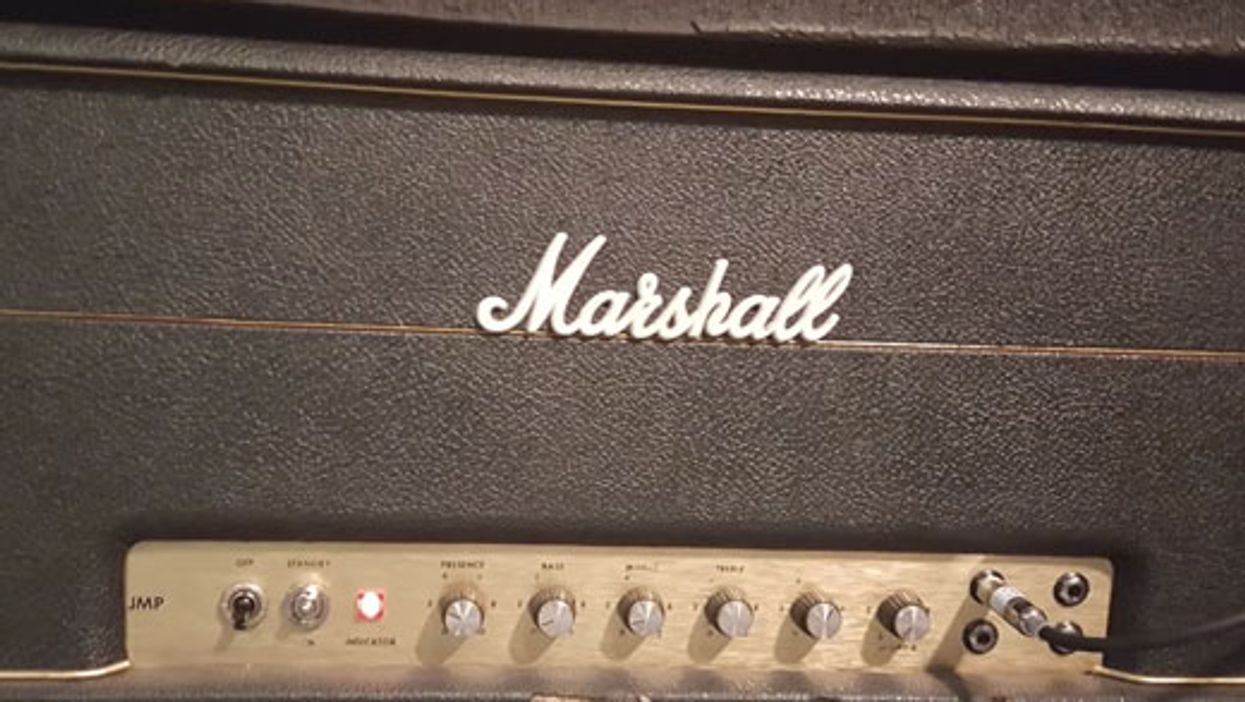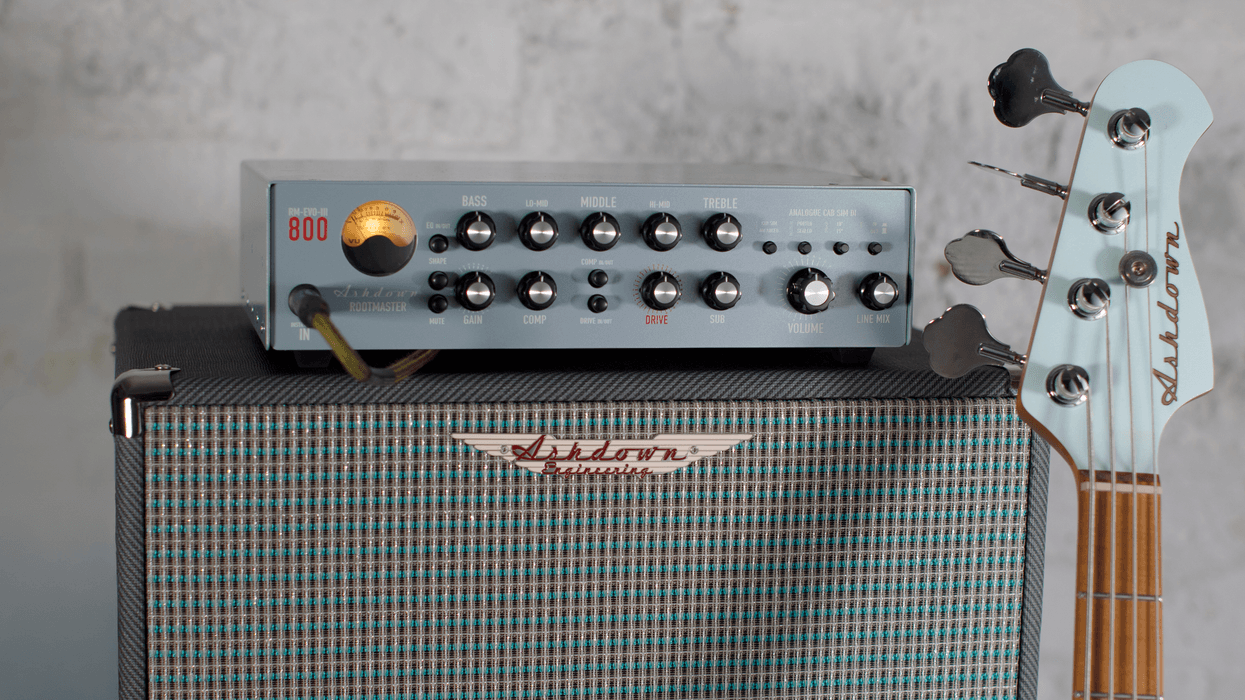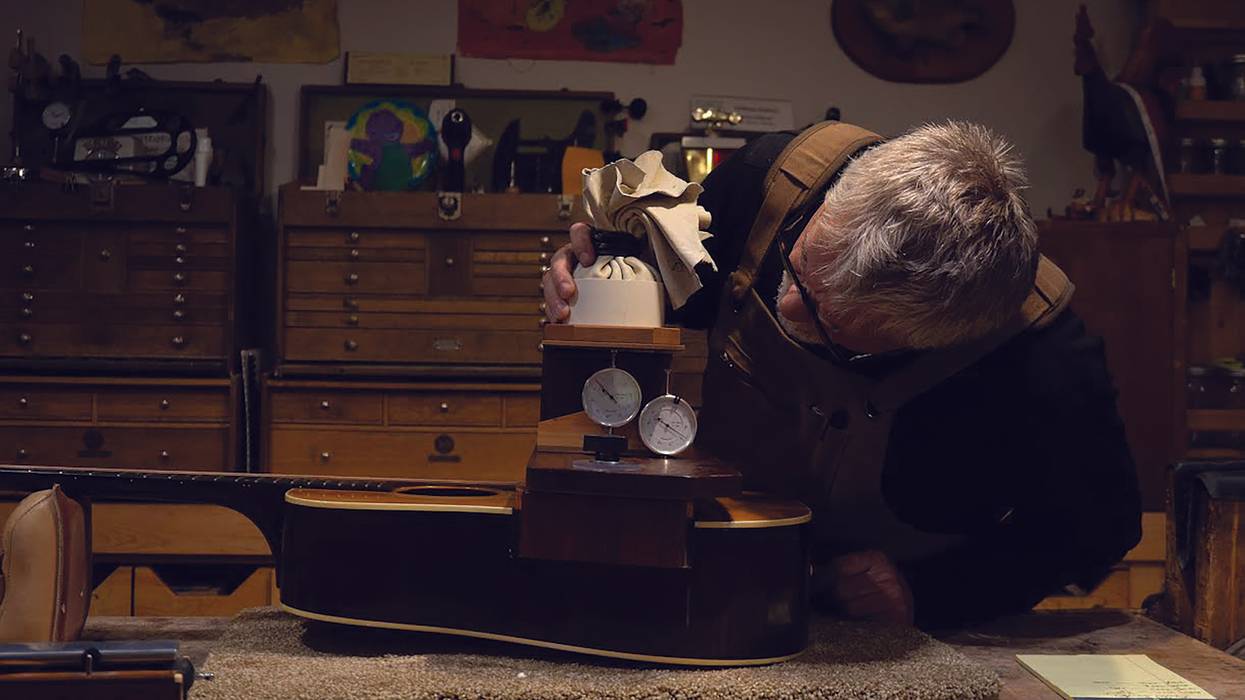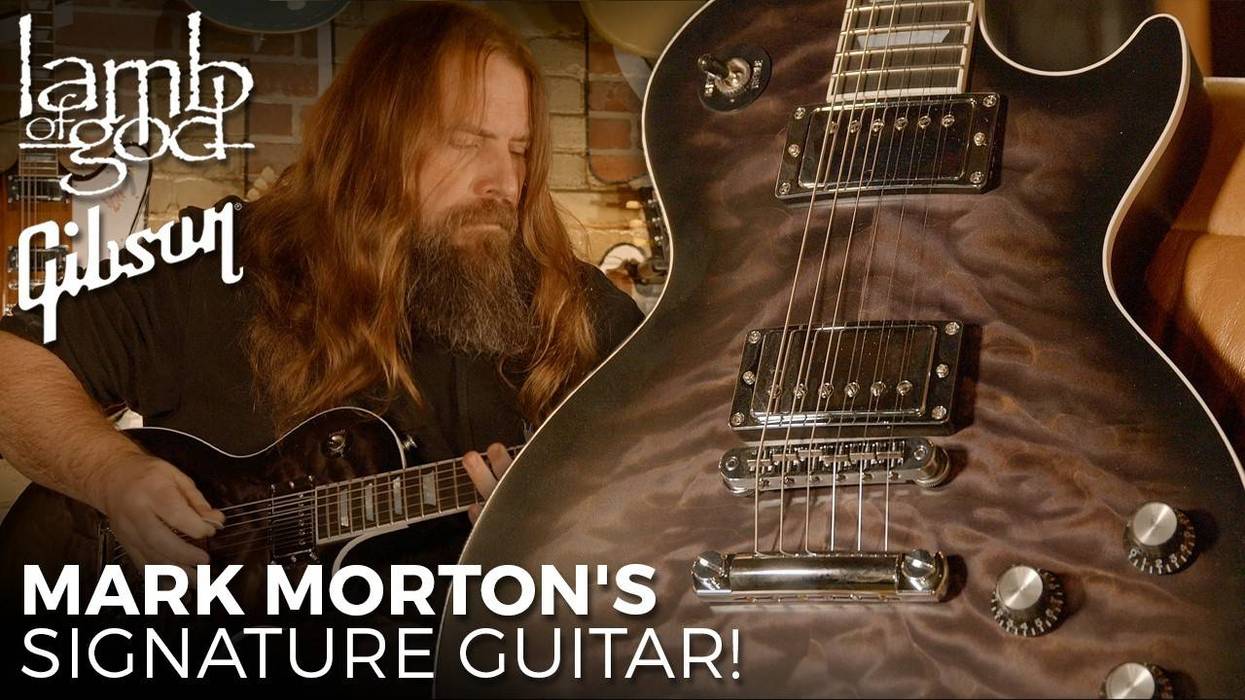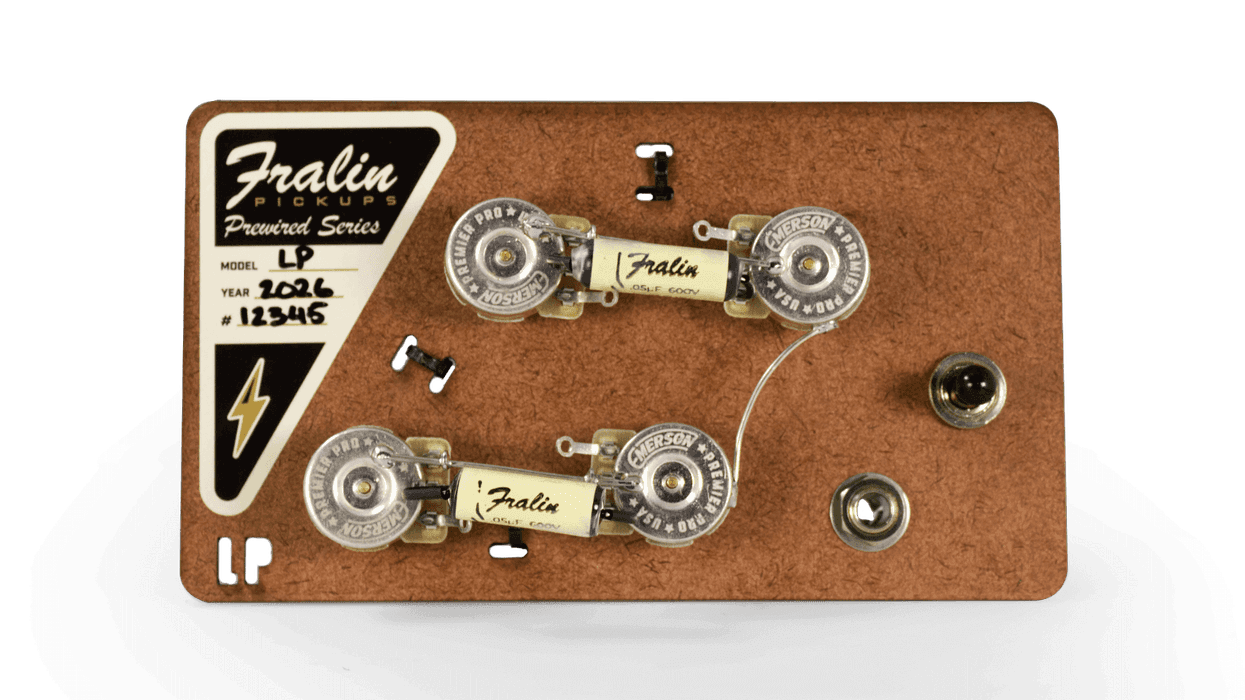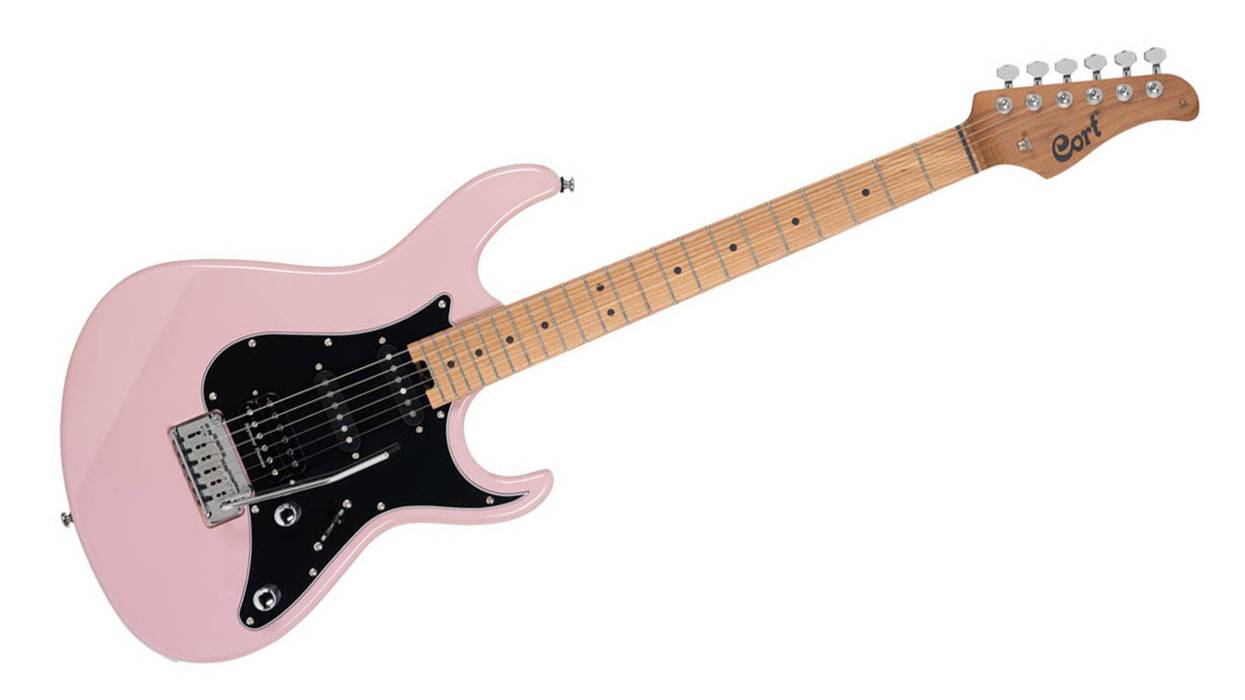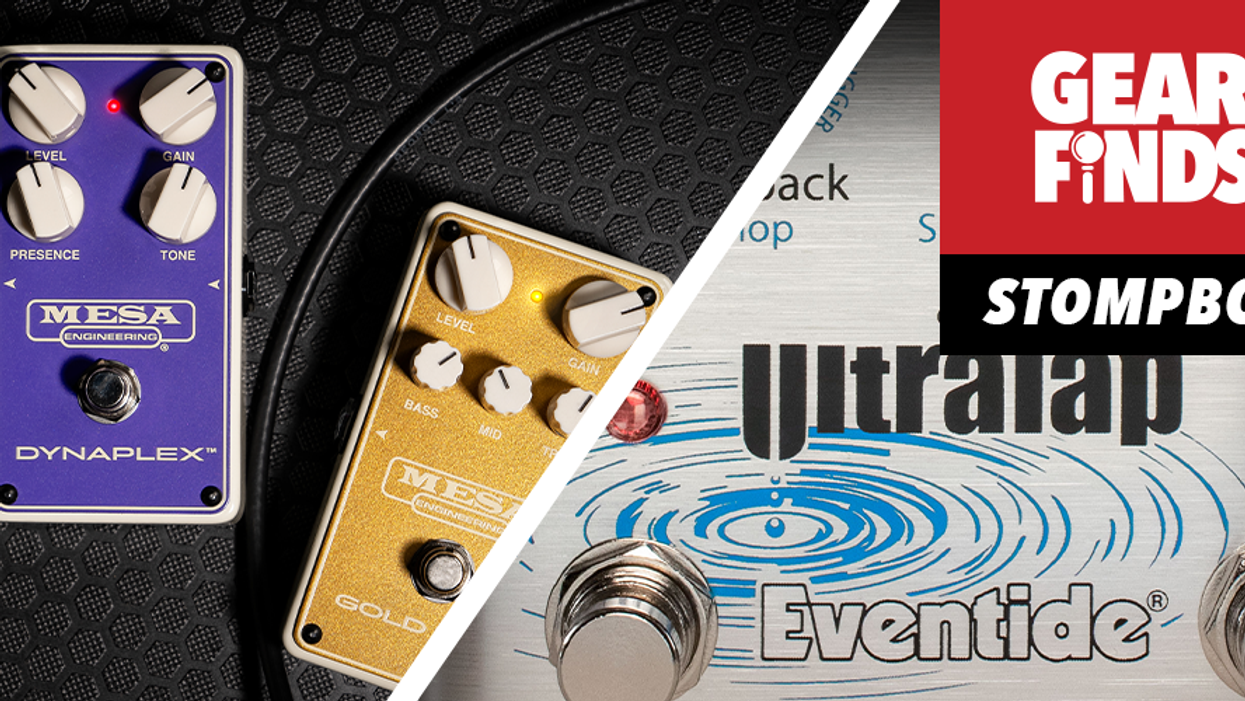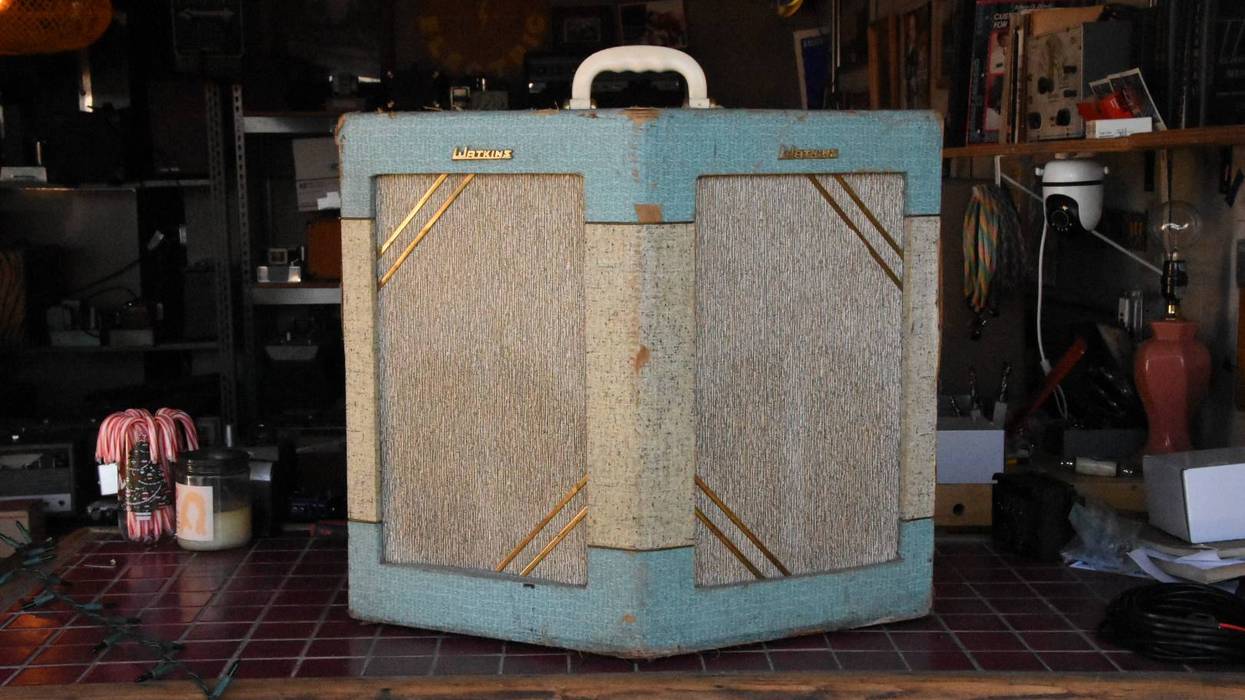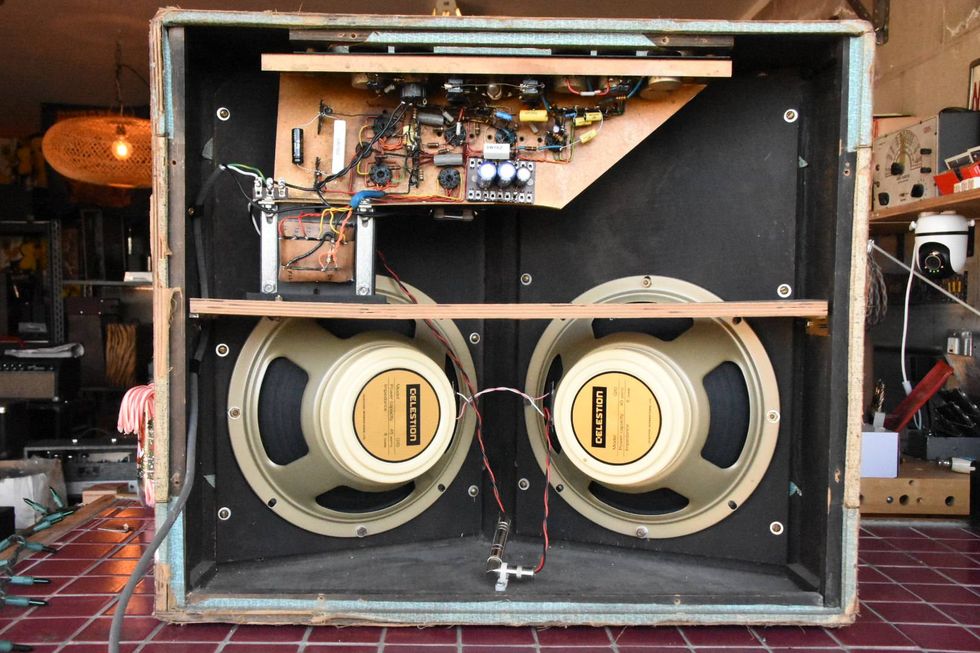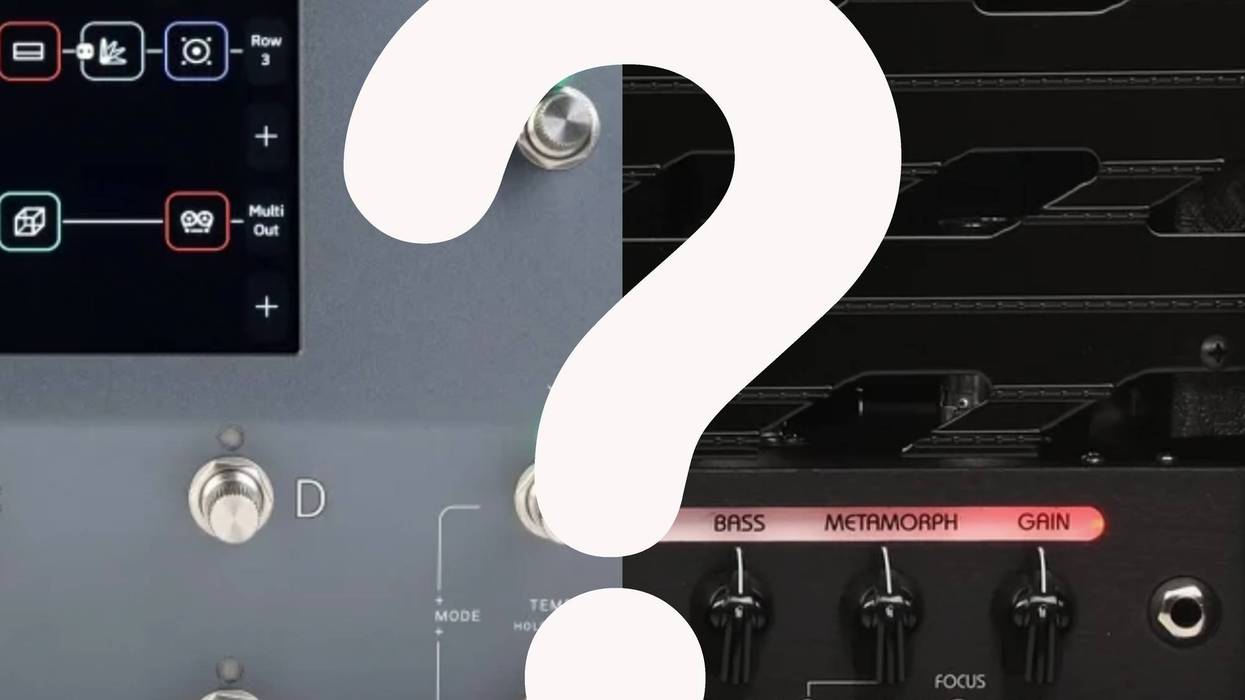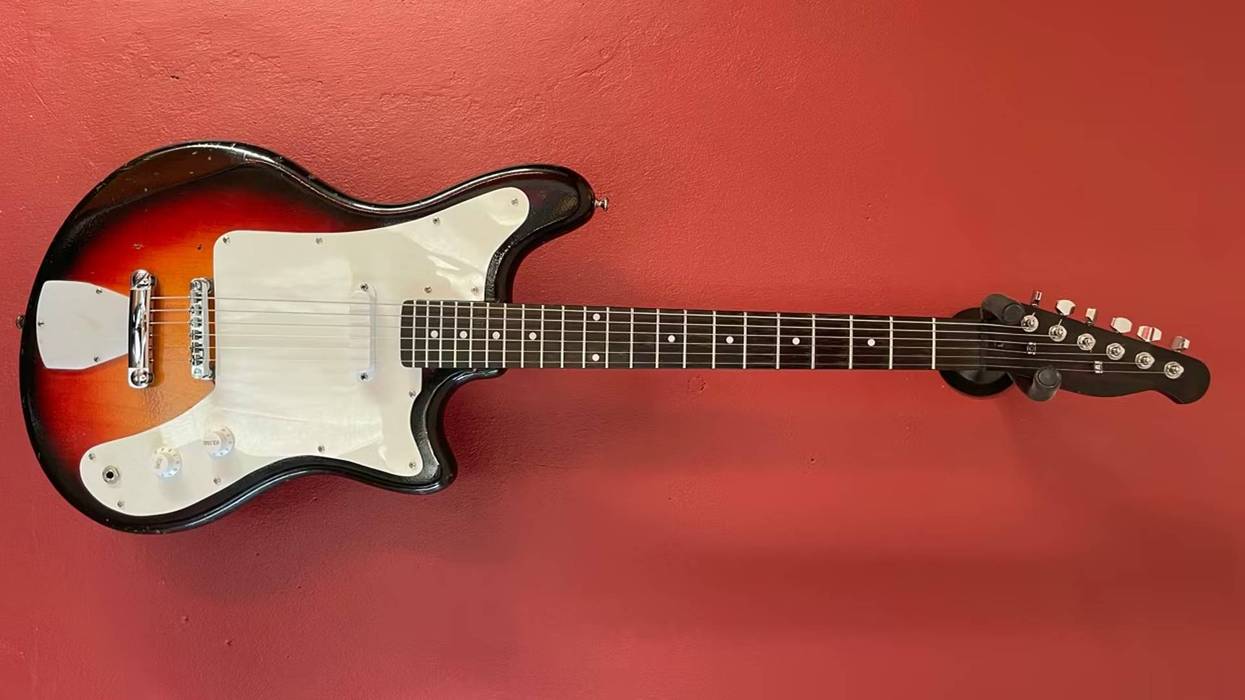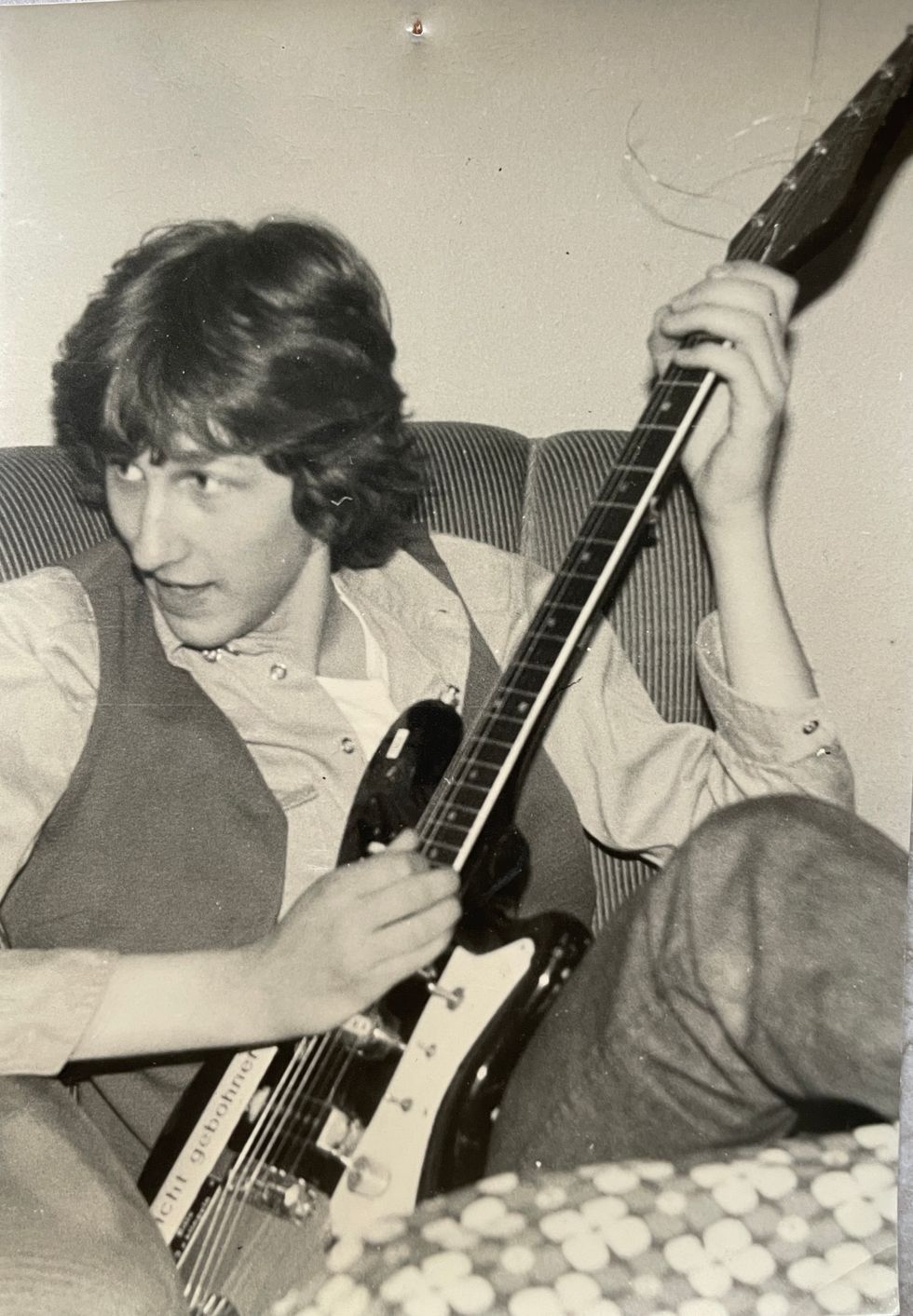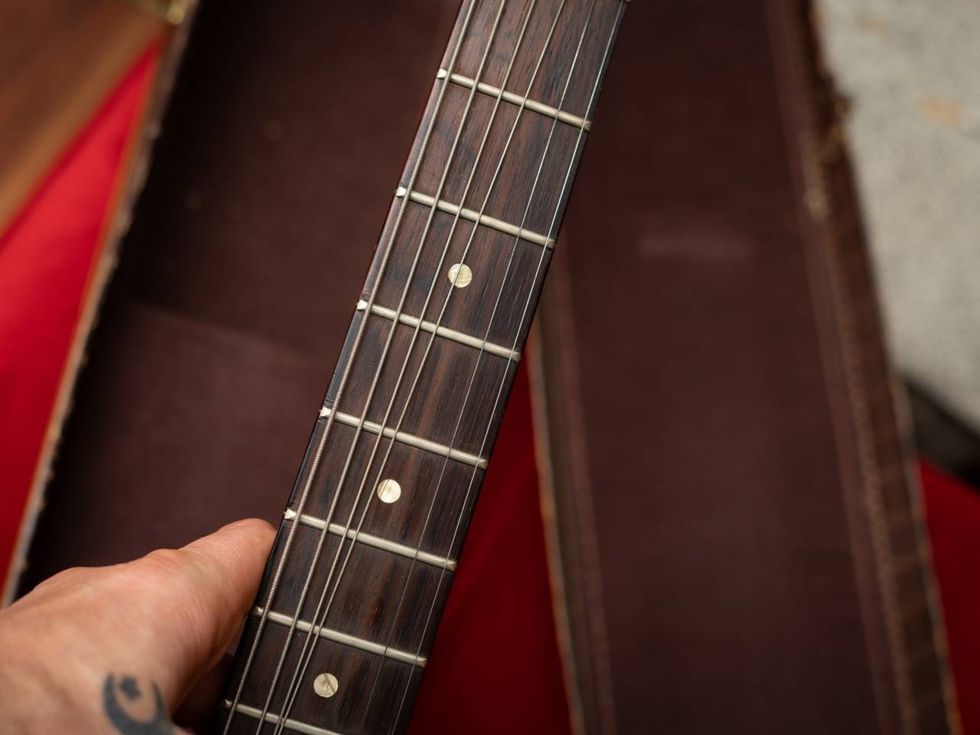Being a musician requires an interesting balance of being on top of your game, while at the same time making sure you're in an environment where you are in a little over your head. The perfect performance environment—where you are inspired and surrounded by all the elements that facilitate greatness—can be a rare occurrence, but it's our responsibility to seek out such an environment as often as possible. When we surround ourselves with musicians we consider to be better players than us, we're in an environment where growth, unbelievable musical moments, and memories can happen.
As bassists, our end of the bargain is making sure our fellow musicians have a great experience playing music with us, which is determined by a multitude of factors, such as being prepared, playing the right equipment, and EQing our tone to fit the sonic makeup of the band. There's also looking around and interacting with our fellow musicians and the audience, dressing the part, and making sure no distractions enter our mind during the show. We truly need to be fully present.
Staying humble and realizing you're always learning is necessary to be a successful musician in any accompanying role. That said, we are sometimes surrounded by players who are not maintaining the standard of preparation and execution we are used to, which can land us bassists in situations where diplomacy and patience come into play in a major way.
There are a few things less-experienced players do that can severely impair my good time playing bass. I initially didn't know how to handle such situations, but after receiving some tough love over the years from older, more-seasoned players, I now have a feeling of responsibility to help less-experienced players, which simultaneously helps me have a better time playing.
The pet peeves following are somewhat bassist-centric, but as bassists, we hear and experience them closer than other musicians. Thankfully, simple adjustments can be made to ensure a big difference in the sound of a band in a short period of time.
The keyboardist's left hand. The joys of having a keyboard player in the band are many, so being aware of common problems can be a great asset to you as a bassist. If you are playing songs your keyboardist has played solo or in a duo a few hundred times, you may have to ask him or her to lay off the left hand completely to break the muscle memory of playing bass. In most cases, not using the left hand is better than an overplayed or poorly performed left-hand part.
When soundchecking over a large PA system, I always hit a few low notes between songs to feel if the stage is vibrating, and then ask the keyboard player to hit a few low notes as well. If the keyboard shakes the stage at the same level (or more) than the electric bass, then I know for sure the front-of-house mix is a muddy mess. Asking the FOH engineer for some EQing or to use high-pass filters on the keyboards is a good and easy solution.
The guitar amp. Guitarists are sometimes guilty of bringing too much firepower to a gig (just as bassists are). At least low-enders can justify it somewhat, since we need more size and wattage to move the same amount of air. Unless the gig is heavy metal or classic rock, I'm always concerned when I see the guitarist bringing in a 4x12 cabinet, or even a 2x12 closed-back cabinet. A guitarist using too much gain or distortion for a song also makes the low-end territory of the mix quite tricky to navigate, because the amount of low end that has to be EQ'd out of the guitar amp can be severe. I often remind guitarists who claim the late Malcolm Young had their favorite guitar tone that Young cut all the low end on his Marshall amps and used very little distortion. Not all guitarists realize that cutting low end and using less gain can make them sound punchier and be more aggressive in the mix.
The kick drum. Unless you are playing jazz, where the kick drum is often used as an accent tool, the kick drum is usually the anchor holding the musical ship together when paired with a simple bass-guitar pattern. A less-experienced or overly excited drummer will sometimes use his or her feet to improvise during straight-ahead pop or rock songs. This is a real groove killer. Whenever I notice this happening, I'll ask the drummer what patterns he or she has written down for different sections, and to double-check they are the same as what I have notated. I'll then say, “Cool, let's stick to that," while hoping no egos have been hurt. In my opinion, the solidity of a groove can be ruined by a drummer with a “wandering foot" quicker than almost anything else.
Bassists are used to providing a foundation for everyone else to sound great. However, there is no shame in asking our fellow musicians to make adjustments in their performances and tones to help us sound great, too.


